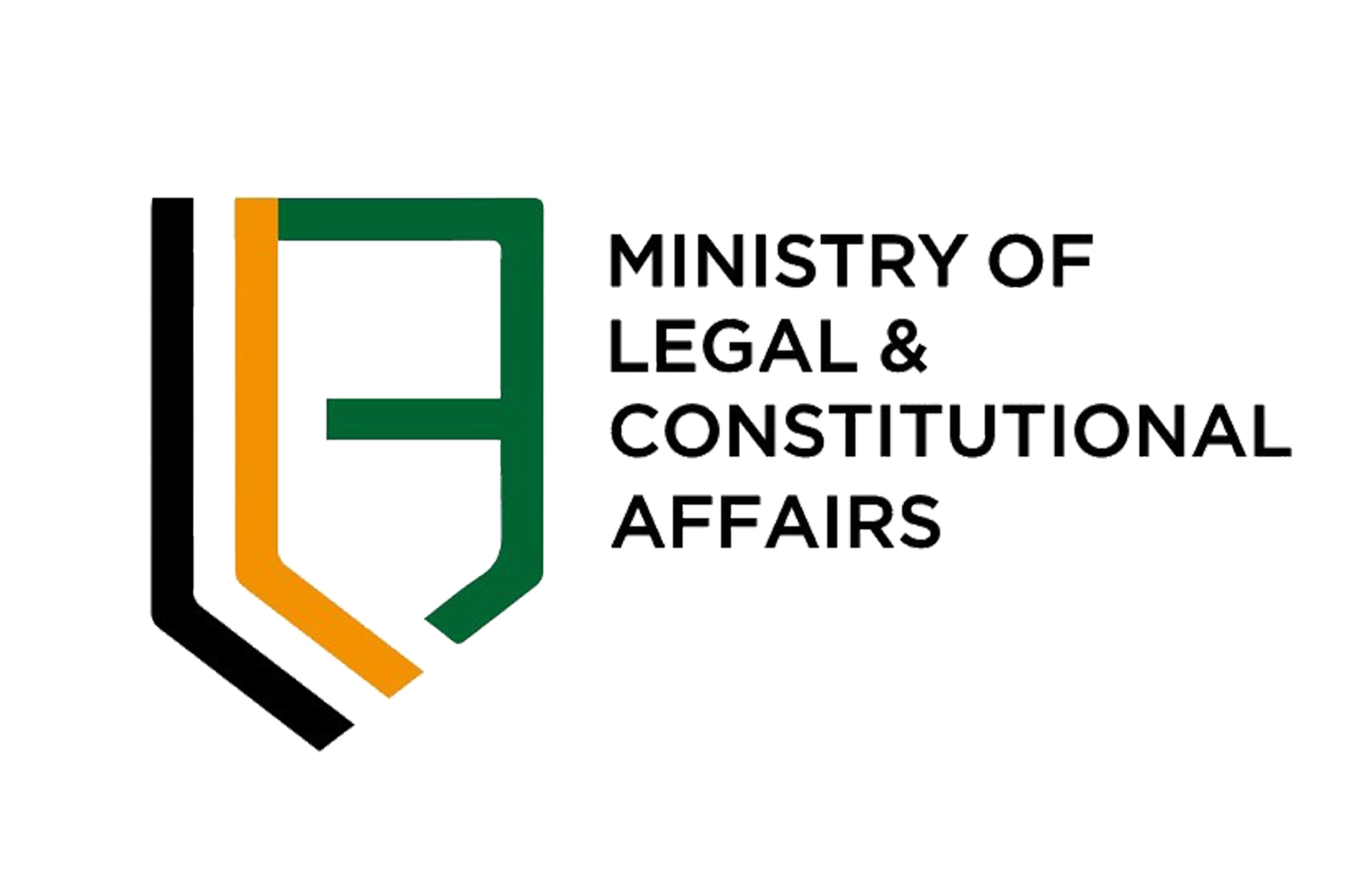The Ministry of Legal and Constitutional Affairs (MLCA) will be taking a projectised approach to address the slow pace of legislative reform in the public sector.
This is expected to strengthen collaboration with all Ministries by improving efficiency, speed and the quality of legislation promulgated. Acting Permanent Secretary, Wayne Robertson, in a document from the Ministry, said this will require all entities to work within settled timeframes.
“Moving forward, each piece of legislation to be amended or developed will be treated as a project and managed in accordance with established project management principles,” he said.
Mr. Robertson pointed out that the overarching role of the Office of the Cabinet, with respect to the management of the Legislation Programme, will not be disturbed. “The [Ministry], supported by its two Departments, the Legal Reform Department and the Office of the Parliamentary Counsel, will provide technical guidance and support to the Legislative Teams in the Ministries, with a view to improving efficiency, coordination, and the quality of new and amended laws,” he said.
Cabinet, via Decision No. 43/20, dated September 28, 2020, identified several issues affecting the legislative process. The Ministry made a submission to Cabinet proposing the introduction of a new system to improve the process. Earlier this year, Cabinet granted approval for the establishment of a Legislative Team in each Ministry.
This will include critical personnel, such as the relevant Policy Officer(s), Legal Officer(s), and the relevant Senior Officer(s) at the level of Chief Technical Director, Principal Director, or Senior Director. They will be responsible for working closely with the relevant Policy and Legal Officers to provide oversight of the Ministry’s Legislation Programme.
Meanwhile, the MLCA will be working to assist Ministries to develop legislative policy and conduct research. Mr. Robertson said this will ensure that Cabinet Submissions are “cogently expressed.”
“In addition, the MLCA will continue to provide support in respect of the preparation of drafting instructions and the drafting of Bills,” he said.
This means the MLCA must be consulted before the Cabinet Submission moves forward, to ensure that the proposal adequately covers the main principles which will form the basis for more detailed drafting instructions.
The matter will then proceed to the Legislation Committee of Cabinet after the Attorney General’s Chambers has opined on it.
The original article can be found on the JIS website




